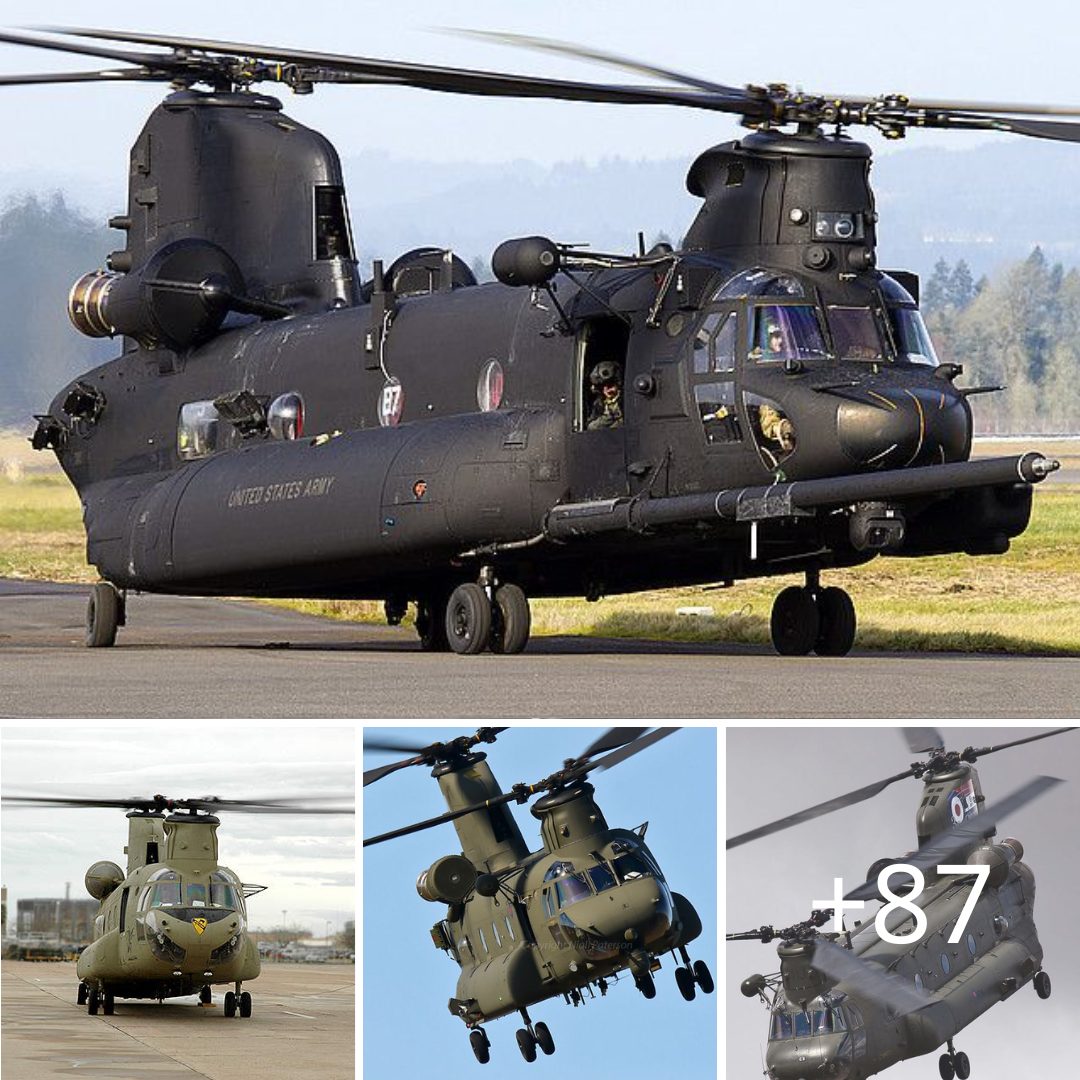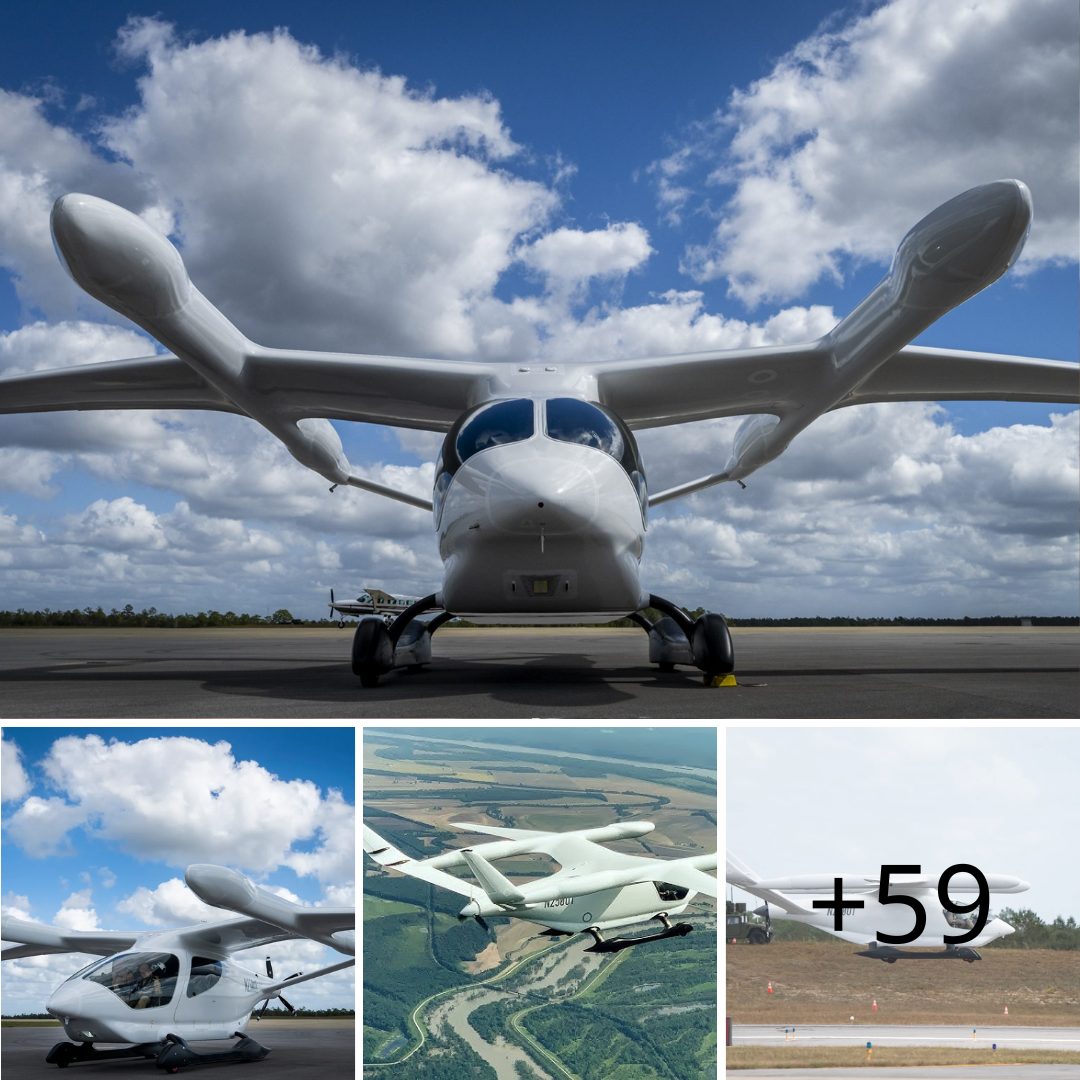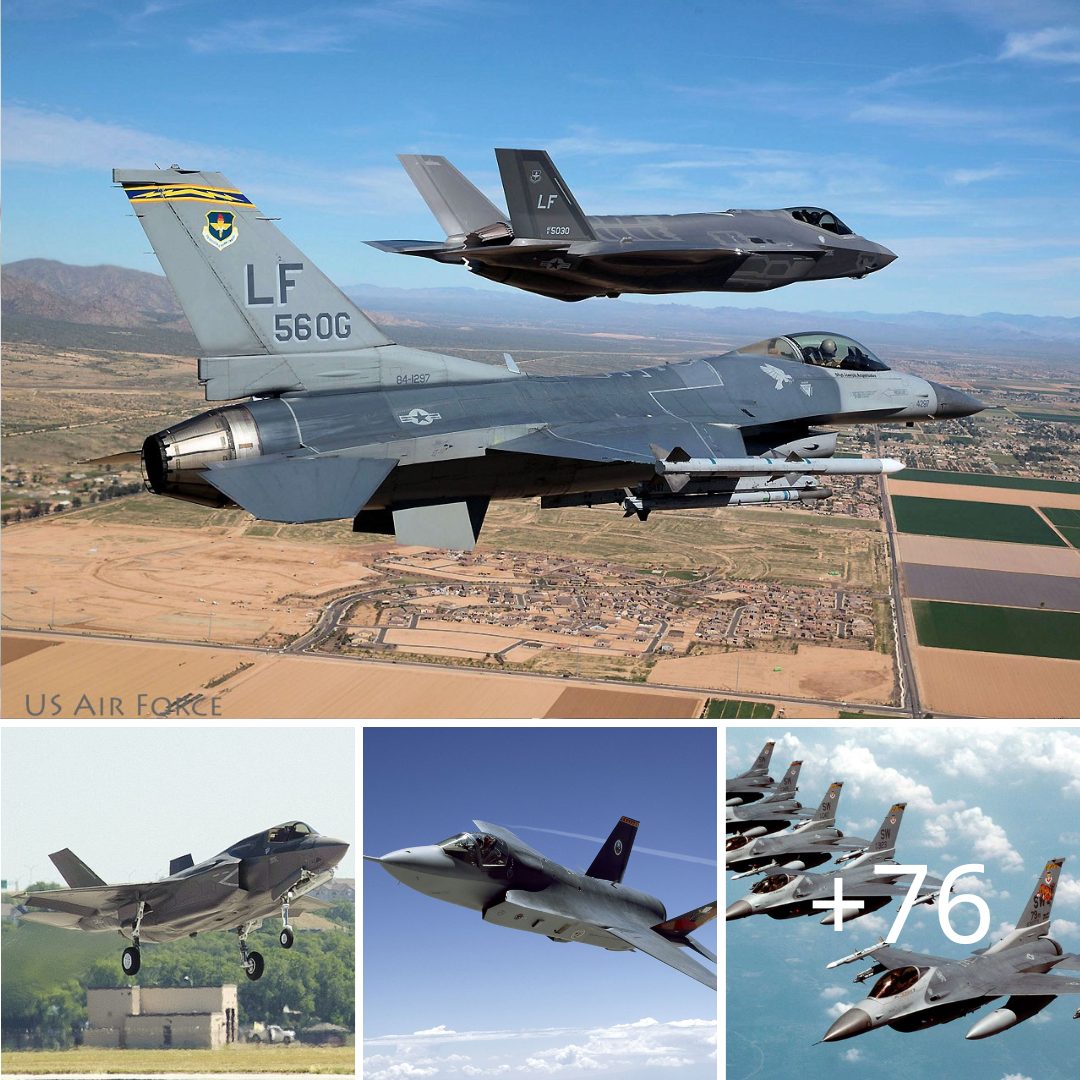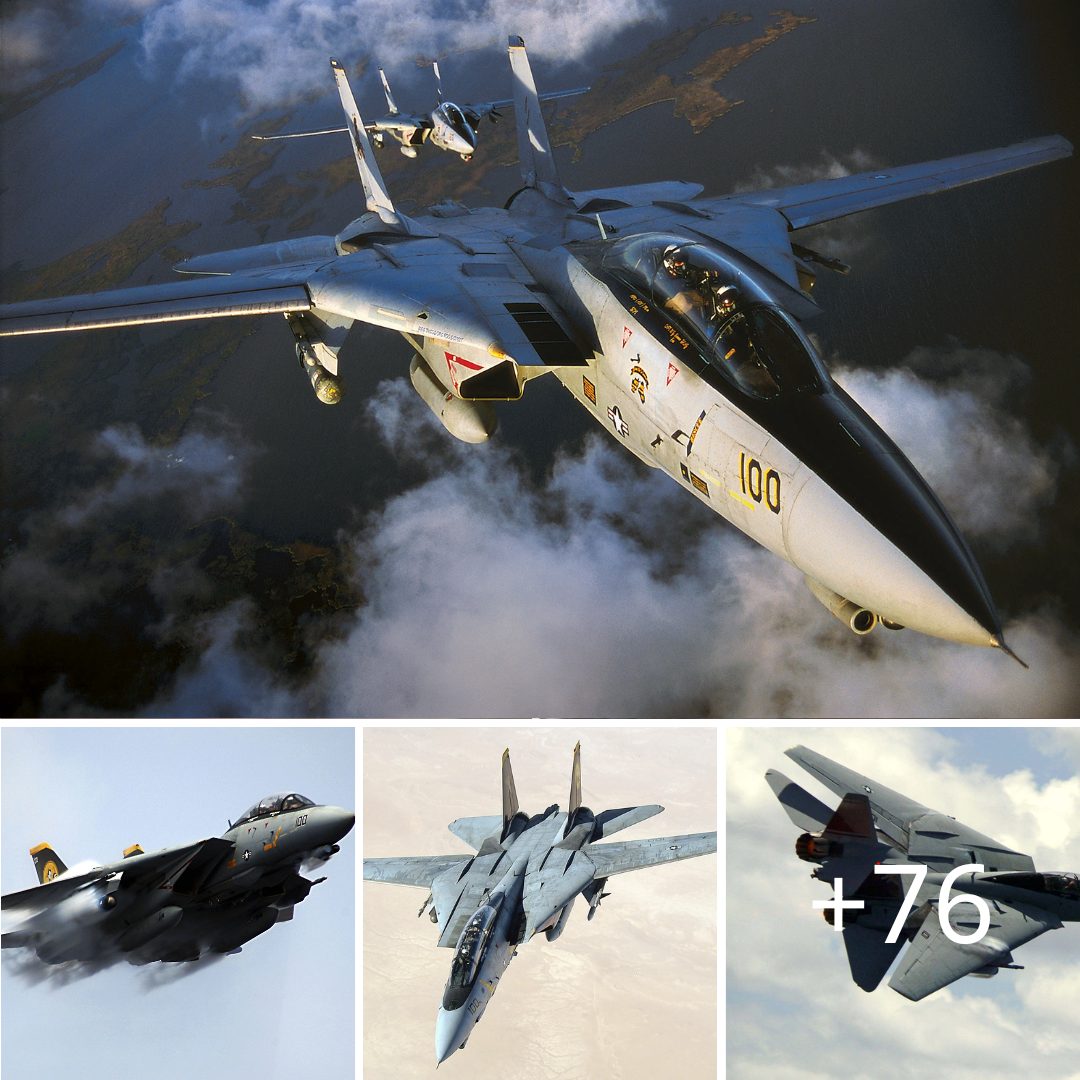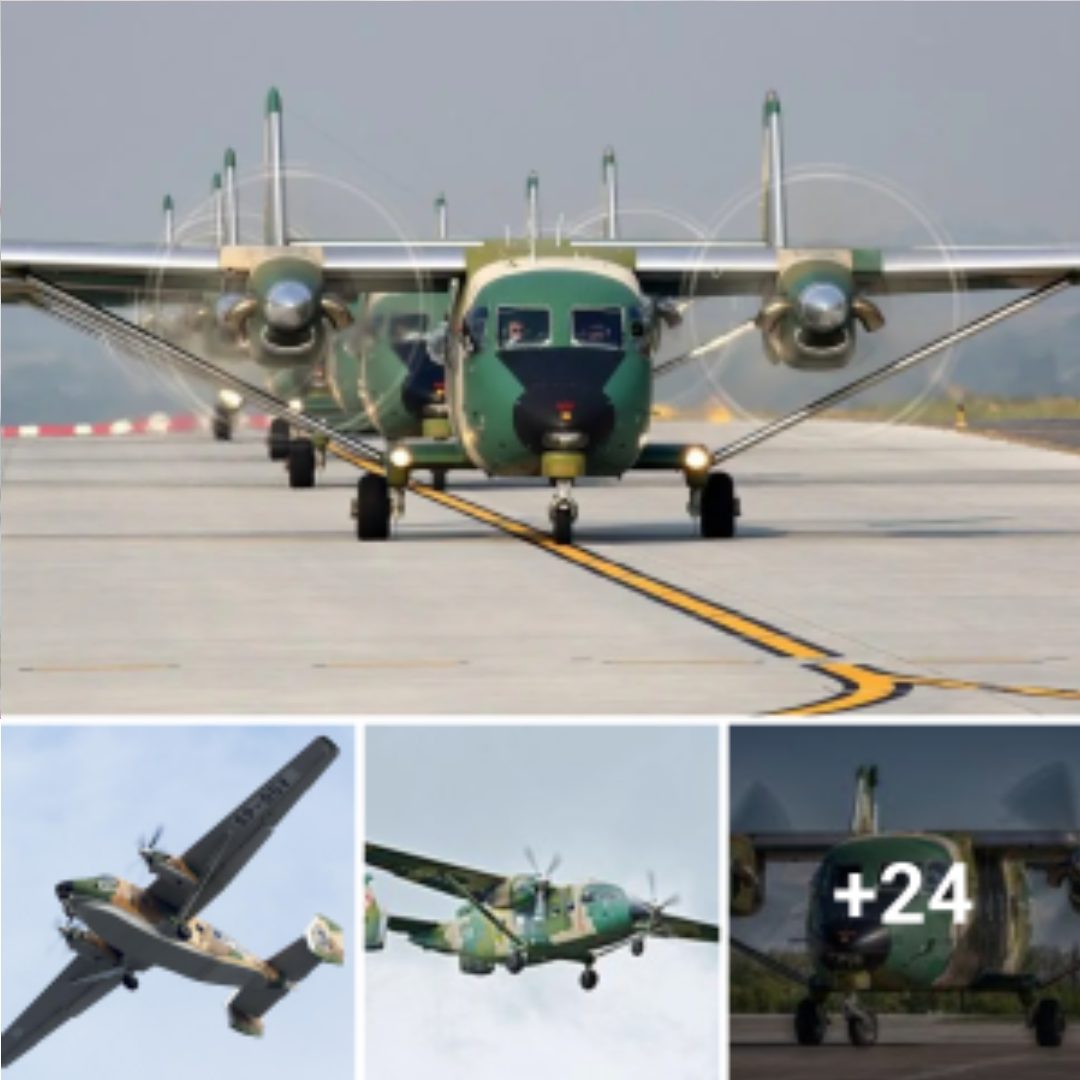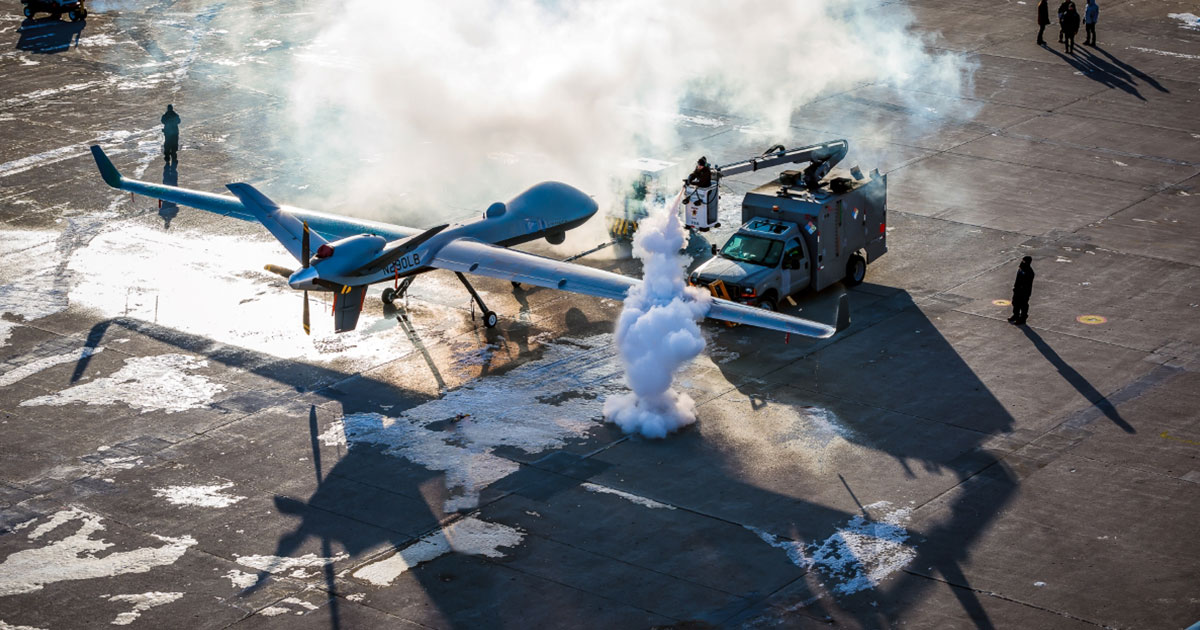
GA-ASI Performs Cold Weather Validation Using MQ-9B SkyGuardian Remotely Piloted Aircraft System
General Atomics Aeronautical Systems, Inc. (GA-ASI) successfully performed Cold Weather Validation (CWV) using a company-owned MQ-9B SkyGuardian® Remotely Piloted Aircraft System (RPAS) in late Jan./early Feb. 2023, adding to the cold weather experience of the MQ-9 family of systems. The system’s ground servicing actions, maneuvers, and flights were based out of GA-ASI’s Flight Test and Training Center (FTTC) in Grand Forks, N.D. SkyGuardian is being proposed to multiple Nordic countries for their Defence and Security needs. The CWV flight test widens and accelerates the global operational implementation for SkyGuardian, especially for countries that need to operate in cold conditions.
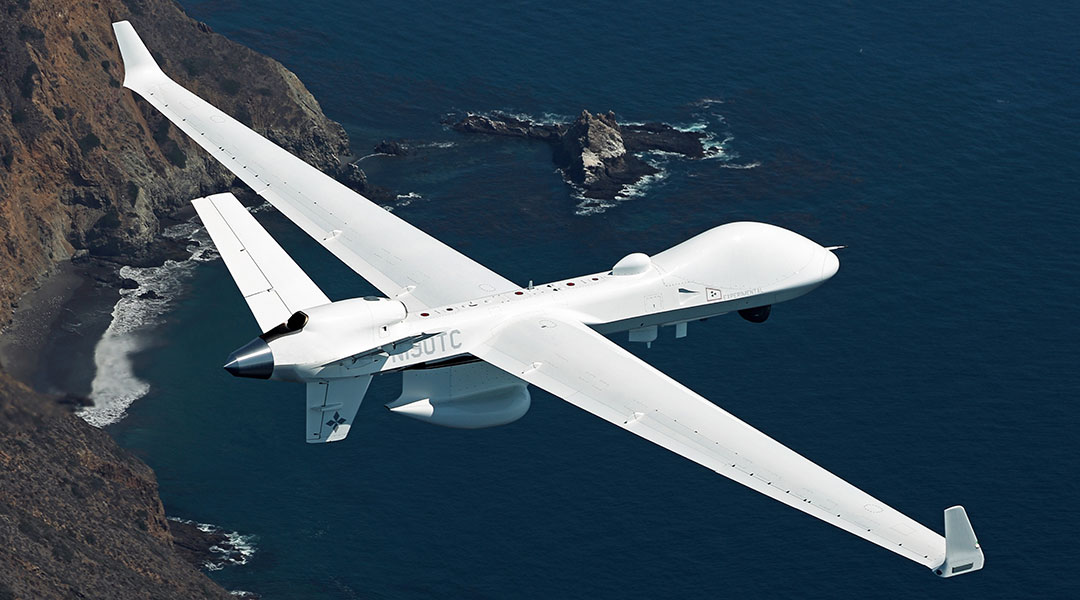
To prepare for the CWV, SkyGuardian was put in a “cold soak” that kept the aircraft at a temperature well below -21°C/-5°F for 12 hours, then prepared for ground maneuvers and flight through a de-icing process using de-icing and anti-icing fluids. In a second scenario, SkyGuardian transitioned from a climate-controlled hangar to engine start and system checks under basic cold conditions (temperature below -21°C/ -5°F ambient air). For the first flight, the outside temperature was below -21°C/-5°F. All scenarios were successfully and consistently conducted in impressive time, relying on standard de-icing and anti-icing procedures, fluids, and support equipment, a testament to the systems’ high readiness and responsiveness.
“Among the many transformative features of our MQ-9B line of RPA is the aircraft’s ability to perform in extreme temperatures,” said GA-ASI President David R. Alexander. “We welcome the cold weather operational capability requirements from Nordic countries, as the MQ-9B is built for all-weather global missions, and we’re thrilled to have MQ-9B perform so impressively under these demanding cold conditions. The CWV, coupled with our recent Low Earth Orbit (LEO) SATCOM flight tests, demonstrate how our aircraft can successfully perform missions in the Arctic region, which is becoming a clear security priority for NORAD and NATO.”
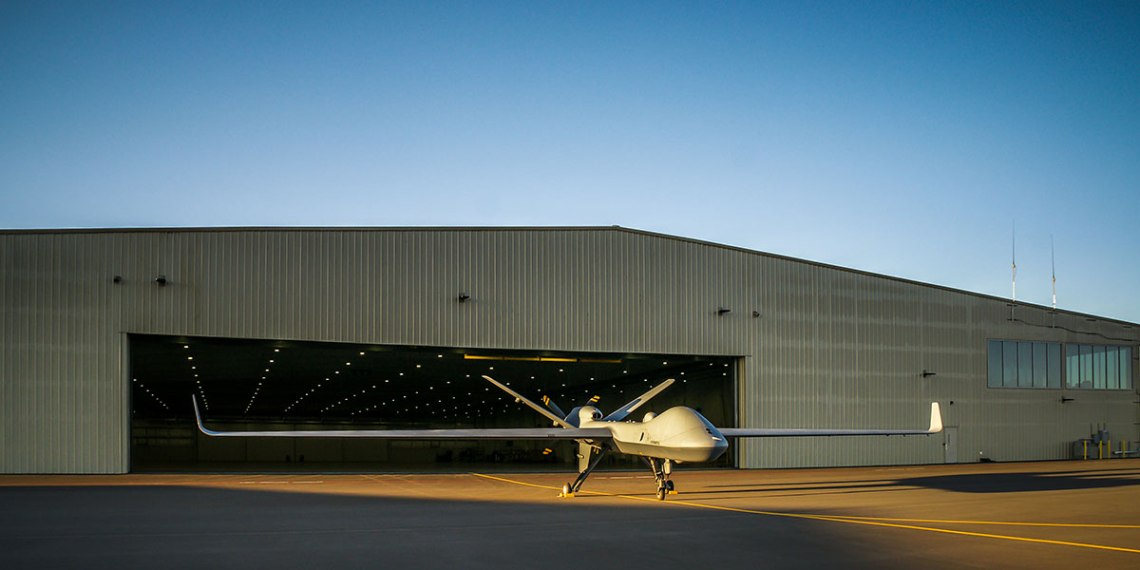
General Atomics Aeronautical Systems Inc MQ-9B SkyGuardian Remotely Piloted Aircraft System (Photo by GA-ASI)
GA-ASI’s MQ-9B SkyGuardian and SeaGuardian® are revolutionizing the long-endurance RPAS market by providing all-weather capability and certification, with full compliance with STANAG-4671 (NATO UAS airworthiness standard). This feature, along with our operationally proven, collision-avoidance radar, enables flexible operations in civil airspace. In addition to the Nordic countries, SkyGuardian and SeaGuardian have garnered significant interest from customers throughout the world. The UK Ministry of Defence selected MQ-9B SkyGuardian for its Protector program, and the Belgian Ministry of Defense signed a contract for SkyGuardian. MQ-9B have also been leased by the Japan Coast Guard.
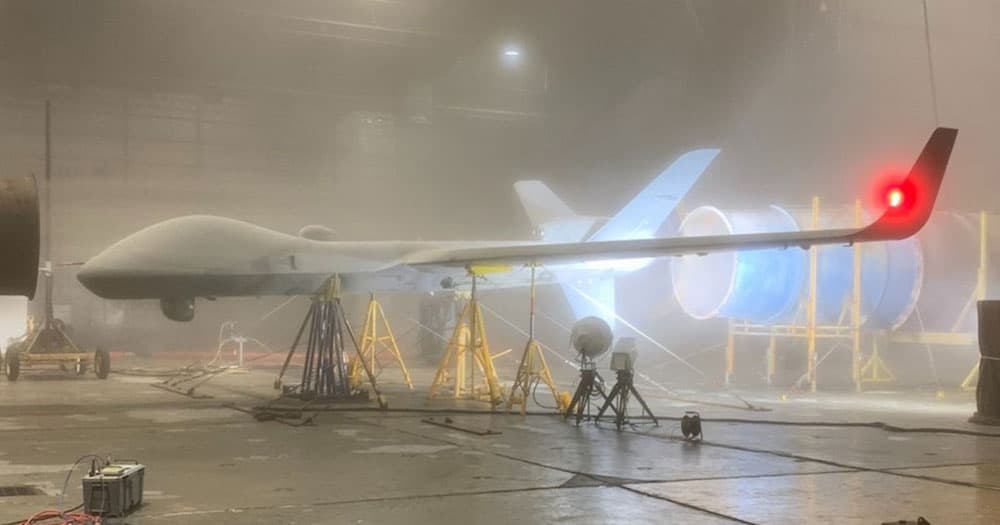
SkyGuardian has garnered significant interest from customers throughout the world. The UK Ministry of Defence selected SkyGuardian for its MQ-9B Protector program, and recently concluded the production contract for deliveries to the Royal Air Force. SkyGuardian was also selected by the Australian Defence Force under Project Air 7003. MQ-9B is GA-ASI’s most advanced RPAS. GA-ASI named its MQ-9B aircraft SkyGuardian, and the maritime surveillance variant SeaGuardian®, which is fitted with a multimode 360-degree field-of-regard Maritime Patrol Radar and optional sonobuoy capability. MQ-9B development began in 2014 as a company-funded program to deliver a Remotely Piloted Aircraft System to meet NATO’s stringent airworthiness type-certification standard (STANAG 4671). he MQ-9B is built for all-weather performance with lightning protection, a damage tolerant airframe, and a de-icing system.

General Atomics Aeronautical Systems, Inc. (GA-ASI), an affiliate of General Atomics, is a leading designer and manufacturer of proven, reliable Remotely Piloted Aircraft (RPA) systems, radars, and electro-optic and related mission systems, including the Predator® RPA series and the Lynx® Multi-mode Radar. With more than seven million flight hours, GA-ASI provides long-endurance, mission-capable aircraft with integrated sensor and data link systems required to deliver persistent flight that enables situational awareness and rapid strike. The company also produces a variety of ground control stations and sensor control/image analysis software, offers pilot training and support services, and develops meta-material antennas.

